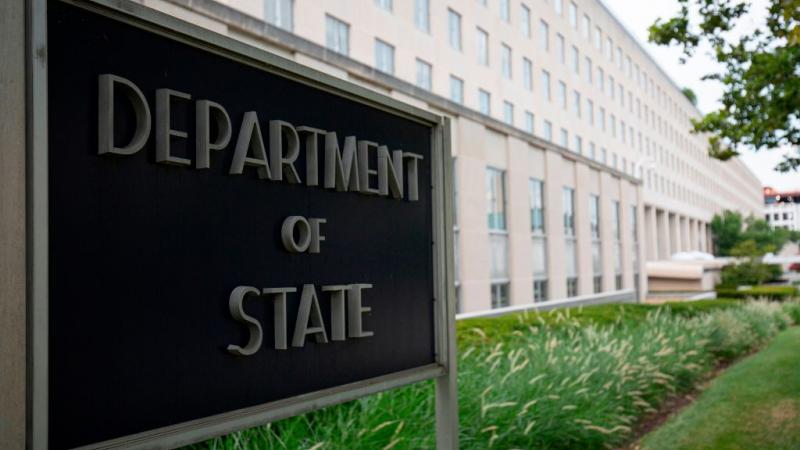Tennessee lawmakers consider rejecting federal education funding
Tennessee would be the first state to reject federal education funds, if the panel recommends it and the state legislature moves forward on it.
Tennessee lawmakers appointed a 10-member panel to determine whether the state can reject $1.8 billion in federal education funding over mandates attached to the money, such as standardized testing.
The group, which consists of five senators and five representatives and includes two Democrats, will "report on the feasibility of the state rejecting federal funds and recommend a strategy to reject certain federal funds or eliminate unwanted restrictions placed on the state due to the receipt of such federal funds if it is feasible to do so," Republican state House Speaker Cameron Sexton said Monday, according to "The Tennessee Journal."
The state receives $1.8 billion annually in federal funding to support students with disabilities, low-income students and school lunch programs, according to "The Tennessean."
Tennessee would be the first state to reject federal education funds, if the panel recommends it and the state legislature moves forward on it in January.
"Any time the federal government sends money, there are always strings attached to those dollars, and there is always a possibility that it opens the state up to other regulations or restrictions," Sexton said. "This working group will help provide a clearer picture of how much autonomy Tennessee truly has in educating our students."
Republican Gov. Bill Lee "looks forward to reviewing" the panel's findings, his spokesperson Elizabeth Johnson said.
Senate Minority Leader Raumesh Akbari, one of the two Democrats on the panel, expressed concerns that rejecting the funding could hurt disadvantaged communities.
"The harsh consequences of rejecting this $1.8 billion in funding cannot be overstated," Akbari said. "Through this committee, I will advocate that Tennessee keep accepting these necessary funds. After all, our tax dollars should be used to support Tennessee students, not students in other states."















